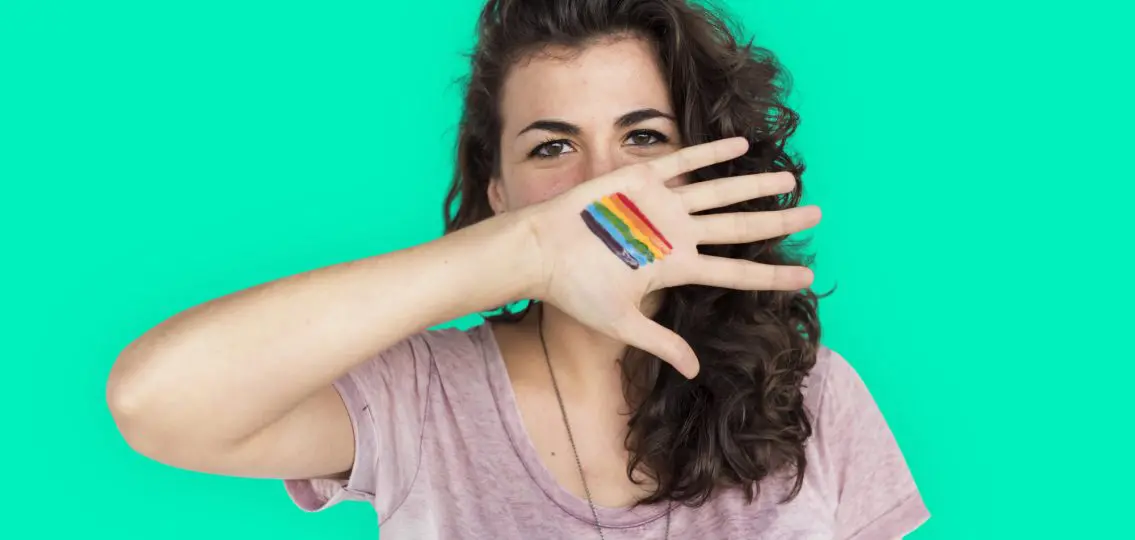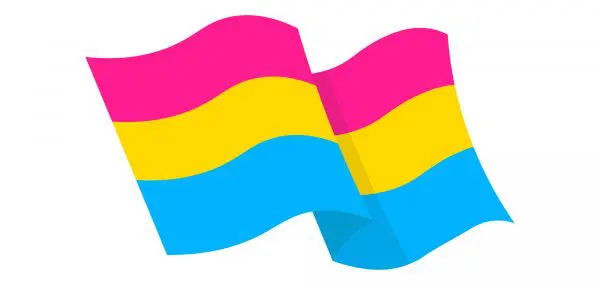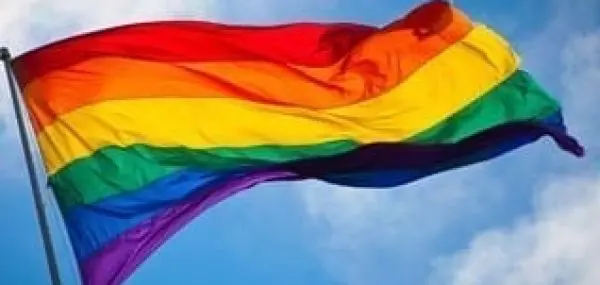She sat in silence, staring at the floor. Her parents and family members were eager to listen and help. She was frightened. Her best friend, the only one who knew her secret, sat next to her. The secret? Her daughter is gay.
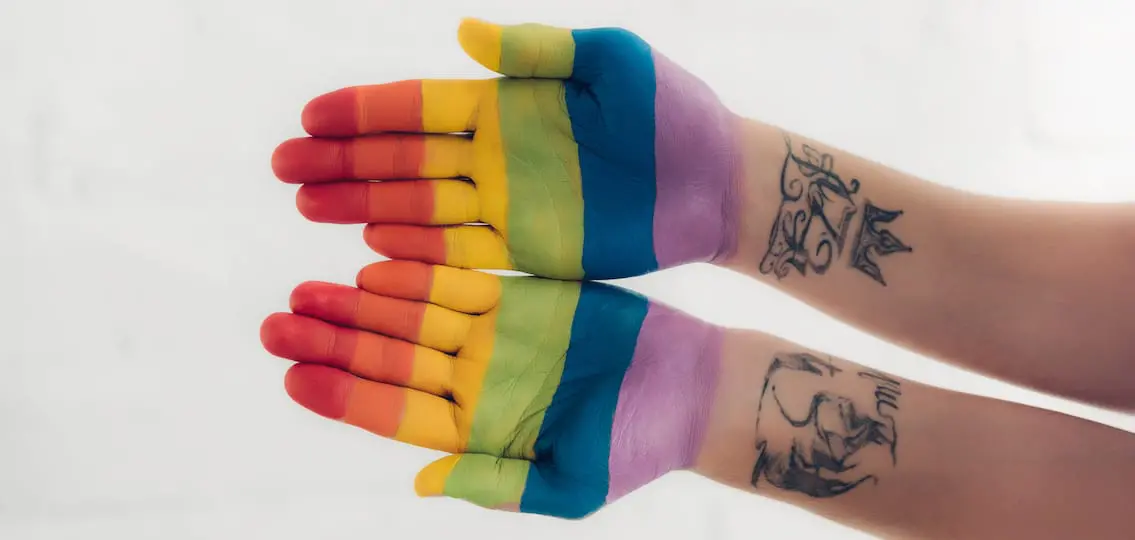
Fortunately, her friend knew that for some parents of Lesbian, Gay, Bisexual, Transgender, and Queer (or questioning) teens, such a secret can bring isolation and even despair, so she turned for help from Parents, Families & Friends of Lesbians and Gays (PFLAG), a national non-profit organization with over 400 chapters across the country. At its heart, PFLAG offers support, education, and advocacy for individuals and their families to help them on the path to acceptance and love.
How Parents of Teens Can Offer LGBT Youth Support
It is not easy for LGBTQ teens to come out. Their journey often begins with tears, self-loathing, and sometimes substance abuse. The adolescent pressure to fit in collides with the desire to be honest with friends and family. They struggle to accept themselves and worry who might find out. They are often bullied or ostracized by their peers. Sometimes they stay closeted if they wish to belong to varsity teams, student organizations, or social groups.
Sadly, LGBTQ youth are at greater risk for becoming victims of violence and suicide than their straight peers. LGB youth who come from ‘highly rejecting’ families are 8.4 times as likely to attempt suicide as those from ‘low levels’ of family rejection. In another study, researchers found that LGBT youth in a positive school climate with parental support, appeared to be protected from depression and alcohol use.
Parents May Struggle When Their Child Comes Out
The following quote illuminates the paradoxical process for the straight parent and the gay child: “When a child comes out of the closet, the parents go in.” Indeed, some parents of LGBTQ teens are afraid of coming out, in much the same way that their teenagers are afraid to come out to friends and parents. Upon learning the news, some parents will struggle. Their journey toward acceptance can sometimes look like the stages of loss: Denial, Anger, Bargaining, and Depression. Finally, they arrive at Acceptance. LGBTQ teens go through similar stages.
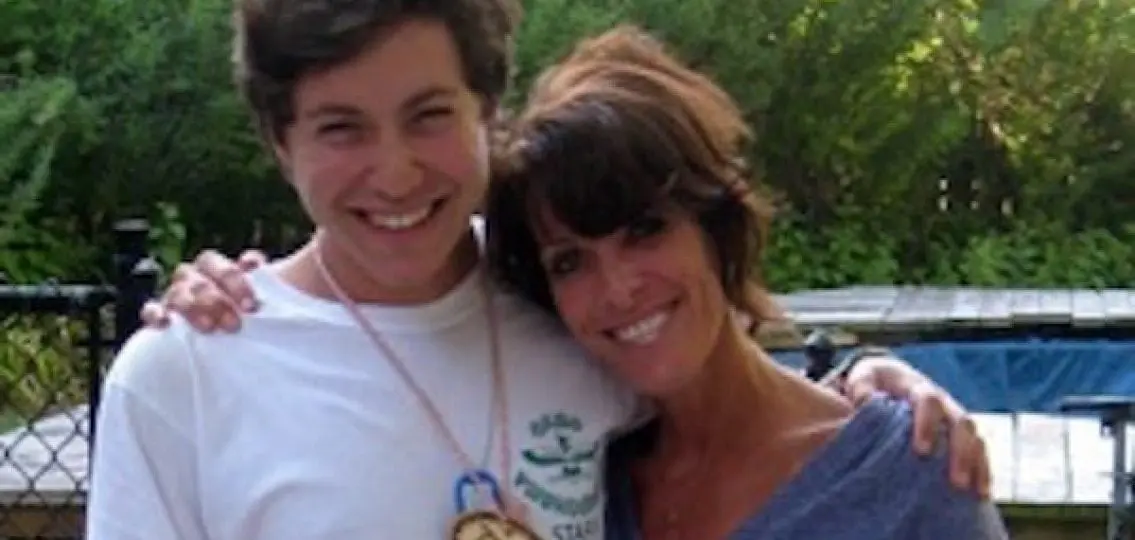
But based upon experience, I would add another stage: Enrichment and Gratitude. In the end, some parents and LGBTQ teenagers can assert that their lives have been enriched. It may be difficult for some to achieve, but moving beyond acceptance to enrichment and gratitude is indeed a lovely destination.
